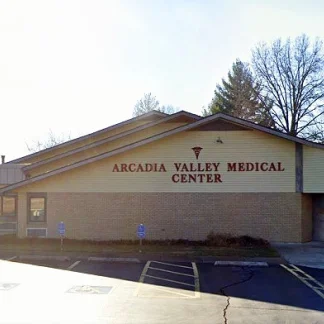Southeast Missouri Behavioral Health
Pilot Knob, Missouri, 200 Saint Mary street, 63663
Available Programs
- Adult program
- Program for men
- Program for women
- Young adult program
Insurance and Financial
- Medicaid
- Private insurance
- Self-pay options
- Sliding scale payment assistance
- Military insurance
- Daily
- Employee Assistance Program
- Per session
About this Facility
Southeast Missouri Behavioral Health is an outpatient facility that offers treatment for individuals with a Mental Health diagnosis and/or Substance Addiction. Southeast Missouri Behavioral Health is located in Pilot Knob, Missouri
Southeast Missouri Behavioral Health is dedicated to providing individualized treatment in order to meet the needs of their patients. Their program is designed to have a positive impact on the health and well-being of each of their patients. They offer a compassionate and friendly environment
Southeast Missouri Behavioral Health’s Services program provides psychosocial assessment and mental health evaluation, individuals, couples, family and group sessions are arranged according to a personalized treatment plan. Family members are encouraged to participate and services are not limited to alcoholism and other chemical dependencies. Counseling for stress related issues, grief, behavioral issues, marriage, divorce, abuse, and other mental health issues are available. Initial assessment has a $150 fee. Doctors appointment cost $75, and group therapy $12 per hour
Contact us for more information: (855) 752-6417

Contact Southeast Missouri Behavioral Health
Connect with Southeast Missouri Behavioral Health by calling their admissions team directly.
(855) 752-6417 Website Get Directions